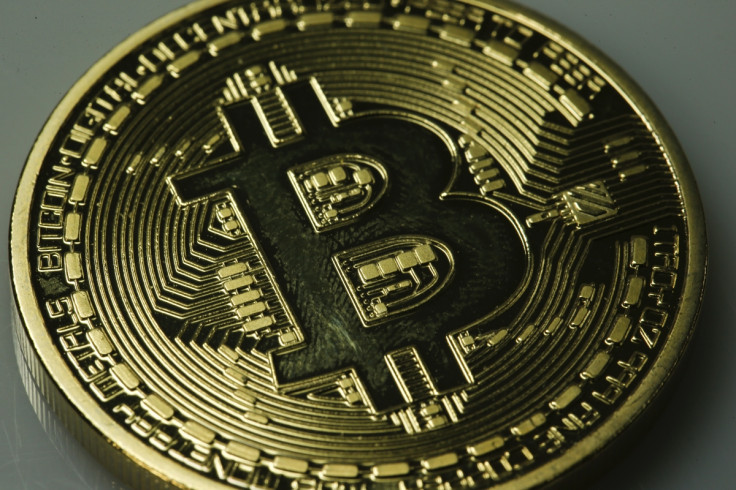Bitcoin Could Turn into Ponzi Scheme: Estonian Central Bank

The central bank of Estonia has discouraged consumers from using popular digital currency bitcoin, saying it may act more like a Ponzi scheme than an alternative currency or an electronic payment system.
Mihkel Nommela, head of the Estonian central bank's payment and settlement systems department, told Bloomberg in an e-mail that the currency "is a problematic scheme".
"All risks are assumed by the user, who has no one to turn to for help," Nommela said.
"Virtual currency schemes are an innovation that deserves some caution, given the lack of any guarantees and responsible parties to back them in the longer term or evidence that this isn't just a Ponzi scheme."
He noted that there have been cases where the owner of a company trading virtual money has suddenly ceased to exist, resulting in losses for customers.
Virtual currency schemes are an innovation that deserves some caution, given the lack of any guarantees and responsible parties to back them in the longer term or evidence that this isn't just a Ponzi scheme.
Nommela added that Estonia's central bank would continue to pay attention to developments in the virtual currency space, as there are "grounds to assume that the use of virtual money schemes will expand in Estonia as well".
Gary North, an economist from the Austrian School, said in an article published in December that bitcoins will "go down in history as the most spectacular private Ponzi scheme in history".
Estonia as well as neighbours Lithuania and Latvia joined the euro this year after suffering from the worst recessions in 2007 and 2008 in Europe. The financial crisis prompted the country's regulators to be vigilant over the financial system.
Regulatory Concerns
Bitcoin was launched in 2008 and is traded within a global network of computers. They can be transferred without going through banks or clearing houses, reducing fees involved in the services significantly.
The digital currency has steadily been gaining in popularity despite the volatility in its value. The virtual currency exists as software and is not backed by any country or banking authority.
Several companies across the globe have adopted bitcoin as a payment option, despite warnings by regulatory bodies in many countries including those in the US, Europe and India about the risks of virtual currencies.
Recently, the Bank of Russia issued warnings, saying bitcoin users could be unintentionally breaking laws by aiding money launderers and terrorists.
© Copyright IBTimes 2024. All rights reserved.









